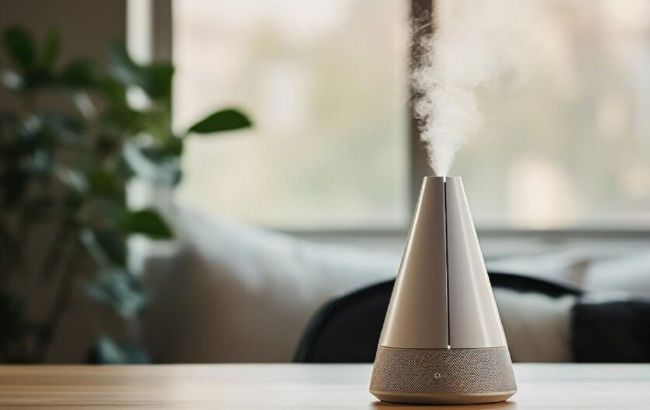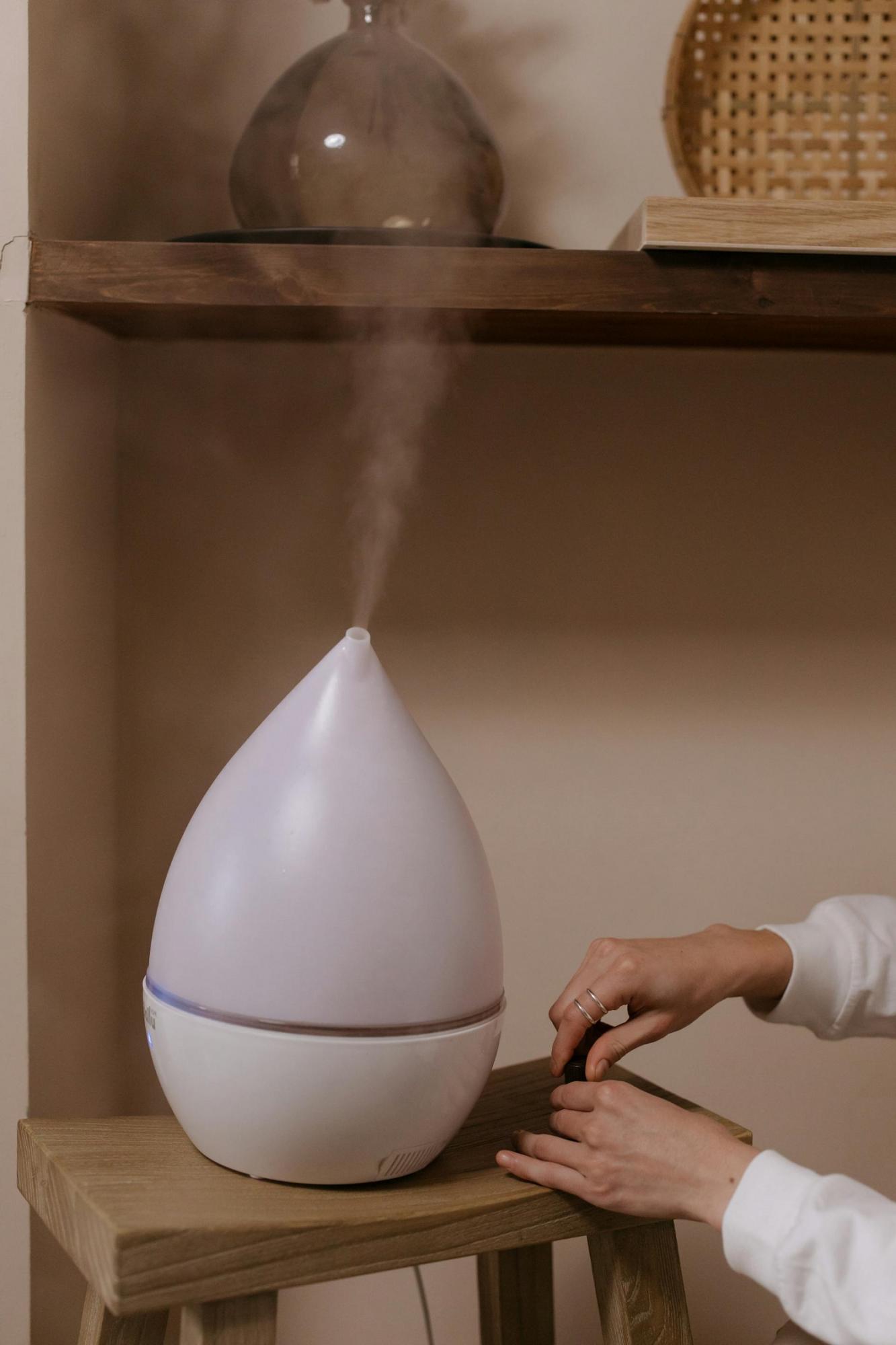No more scratchy throat and watery eyes - How to overcome air dryness in your apartment
 How to overcome excessive dryness of air in an apartment (photo: Pexels)
How to overcome excessive dryness of air in an apartment (photo: Pexels)
During the heating season, many apartments face the problem of dry air. This can cause discomfort: the skin becomes dry, the eyes water, and in the morning there is a scratchy feeling in the throat. How to fix it?
Why the air becomes too dry in winter
The main cause of dry air during the heating season is physical processes. Cold air from the street has a high humidity, but it drops sharply when heated. For example, at a temperature of -10°C and 80% humidity, it dries out to 15-20% after entering the room.
Central heating batteries further reduce humidity, which has a negative impact on health. This causes the skin to lose moisture, mucous membranes to dry out, and people begin to experience dry nose and throat.
How to tell if the air in your apartment is too dry
There are several signs that indicate that the humidity level in your apartment is insufficient. For example, static electricity appears in your clothes, your hair becomes electrified, and your hands and lips begin to crack.
You may also experience a constant feeling of thirst, and indoor plants wither quickly even with regular watering. Another signal is the creaking of parquet and furniture, as wood also suffers from excessive dryness. In addition, dust accumulates much faster than in summer.
Simple moisturizing at no extra cost
There are effective ways to increase humidity without spending money on special devices. One of the easiest ways is to place wide containers of water on window sills or near radiators. The water will gradually evaporate, increasing the humidity level in the room.
You can add a few drops of essential oil to freshen the air and give it a pleasant scent. Wet cleaning also plays an important role: daily wiping of floors and furniture helps to maintain a comfortable microclimate.
Sometimes, only a humidifier can overcome excessive dryness (photo: Pexels)
Houseplants as natural humidifiers
Some types of indoor plants can significantly improve the humidity level in an apartment. For example, chlorophytum, fern, ficus, and spathiphyllum actively evaporate moisture, creating a favorable microclimate.
A few large plants in the room are enough to feel the difference. However, it should be remembered that an excessive number of plants in the bedroom can disrupt sleep, so it is better to place them in the living room or kitchen.
When a humidifier is a must
If simple methods don't give the desired result, you should buy a humidifier. It is especially useful in a child's room, or if you have expensive wooden furniture or a lot of electronics in your apartment.
Humidifiers come in different types: traditional ones work quietly and safely, ultrasonic ones quickly increase humidity, and steam ones can even disinfect the air. The choice depends on your needs and capabilities, but the key is to keep the humidity level between 40-60% for a healthy microclimate.
Preventing dry air: how to prevent the problem
To prevent the situation from becoming critical, you should follow a few simple rules.
First, do not overheat the room - the optimal temperature in the apartment should be 18-22°C. Secondly, if possible, install radiators with adjustable power or thermostats that will allow you to control the heating level.
It is also worth paying attention to the correct arrangement of furniture: do not place large cabinets or sofas close to radiators so as not to impede air circulation.
Keep indoor plants clean: dust on the leaves significantly reduces their ability to evaporate moisture.
Also, avoid using methods that may be ineffective or even harmful. For example, hanging wet clothes in the room will not have a long-term effect, and a boiling kettle will only temporarily increase the humidity.
Sources: Family Handyman, How Stuff Works, Homes and Gardens.
This material is for informational purposes only and should not be used for medical diagnosis or self-treatment. Our goal is to provide readers with accurate information about symptoms, causes, and methods of detecting diseases. RBС-Ukraine is not responsible for any diagnoses that readers may make based on materials from the resource. We do not recommend self-treatment and advise consulting a doctor in case of any health concerns.

